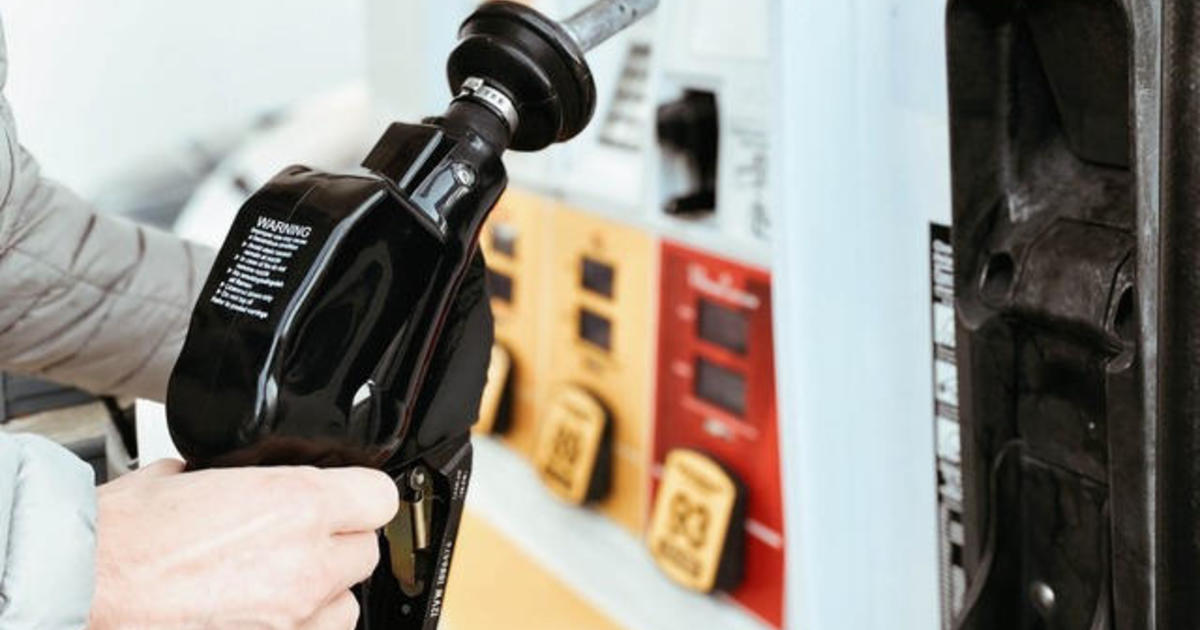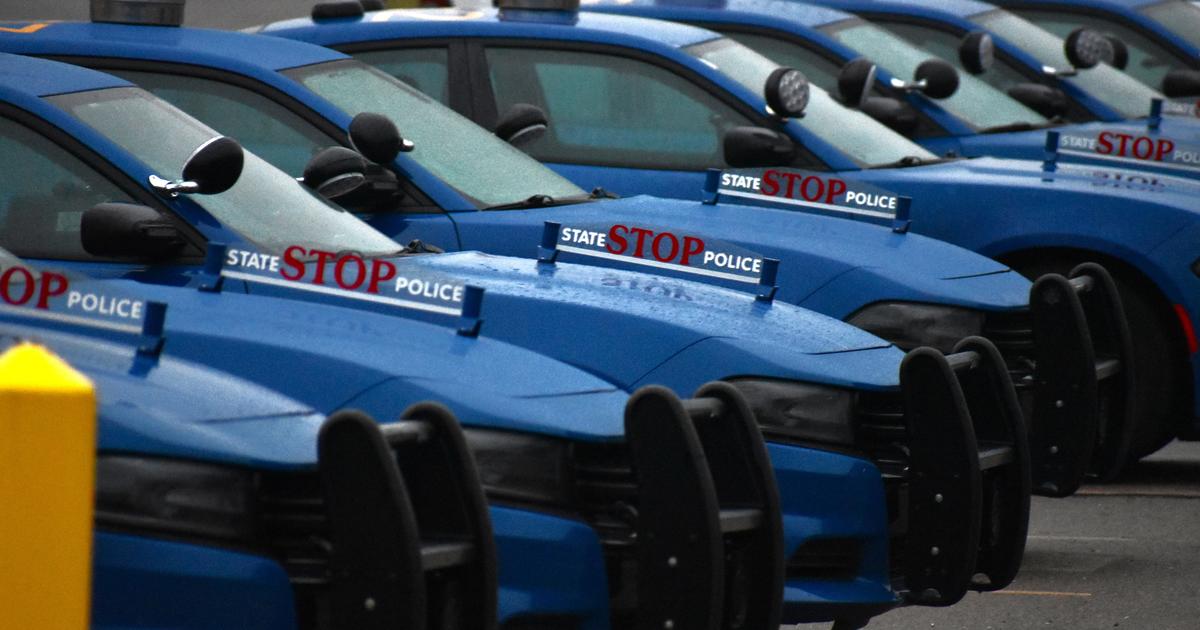Understanding The Latest Vehicle Safety Equipment
DETROIT (WWJ) - June is National Safety Month, and a quick look at a crash-test video will show how far cars have come in keeping passengers safe. But with new, often expensive and complicated safety features available with each model year, what do consumers actually need? What's the difference between ACC and BSM? Do HID bulbs really make a difference?
"The quick answer is yes," said Wes Raynal, AutoWeek magazine editor. "Safety equipment such as antilock brakes, airbags and HID xenon bulbs all are important."
It's true that passive safety devices are now commonplace. However it wasn't until 1958 that Saab introduced the seatbelt as standard equipment, and mandatory seatbelt laws didn't take effect in many states until the 1980s. Dual-front airbags weren't required by U.S. law until 1998.
But active safety systems, devices that prevent accidents rather than work to protect the driver and passengers after one has occurred, are entering the mainstream.
Most drivers understand antilock braking system (ABS), but autonomous cruise control (ACC), blind-spot monitoring (BSM) and electronic speed control (ESC) systems remain hidden behind unfamiliar acronyms.
"When a driver swerves or slips, electronic speed control, or ESC, detects that and applies the brake on the appropriate wheel, helping to maintain control. The Insurance Institute for Highway Safety (IIHS) says ESC can reduce involvement in single-vehicle accidents by 50 percent," Raynal said.
"Autonomous cruise control, or ACC, senses when a vehicle in cruise mode is getting too close to another vehicle and applies the brake automatically, while blind-spot monitoring, or BSM, systems flash or beep when a driver attempts to change into an occupied lane. This system uses a combination of sonar and high-speed computers to get the job done," he continued.
This National Safety Month, perhaps the best thing car shoppers can do is to brush up on any unfamiliar safety-equipment abbreviations before hitting the showroom. Staying safe on the road may not always be as simple as 1-2-3, but it may be as simple as E-S-C.
"Some consumers may think these technologies aren't worth the money," Raynal said. "The truth, though, is that accidents occur every day, and some wouldn't have if the cars involved had been equipped with at least some of these systems. At the very least, they're worth researching before buying."
For More information on the latest in vehicle safety, read AutoWeek's Active Safety Features: What Your Next Car Needs to Have.



